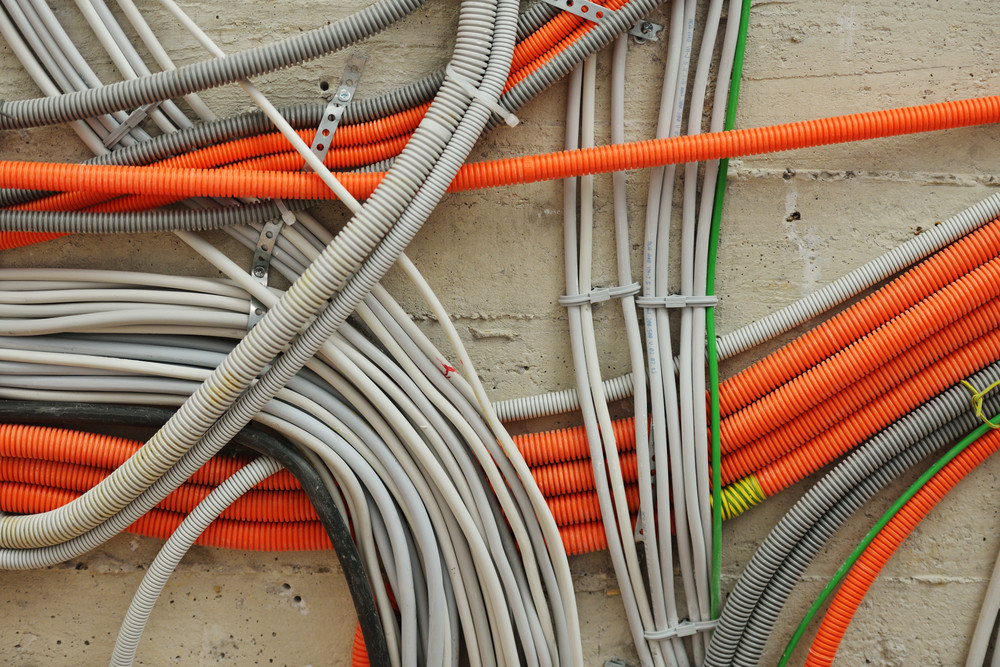In the past, fuses were the main method of powering buildings. However, today’s homes have upgraded electrical systems that use circuit breakers to protect and control the circuit system. When there is too much electricity flowing through the circuit or when it can’t handle the current load, the circuit breaker trips. The tripping protects your electrical system, as it turns off your power by cutting the flow of electricity to keep your circuits from overheating or causing more damage.
Unfortunately, this protective response from your circuit breaker can be incredibly inconvenient for you. If you find yourself constantly resetting your circuit breaker to turn your power back on, you need to find out what is causing the tripping so that you can prevent it in the future. Continue reading to understand three of the most common reasons why your circuit breaker keeps tripping.
Circuit Overload
The circuits around your home are designed to administer a specific amount of electric current. When you use many appliances, you’ll overwork the circuit, which will often lead to the tripping of the circuit breakers. This is a common problem, especially when homeowners buy new appliances, such as a large TV, and try to power it with an already overloaded circuit. Overloading a circuit will also increase the amount of electric power consumed around your house. According to Statista, estimates show that by 2050, the electricity generation capacity will be about 14 terawatts globally. By being aware of how much you’re putting on your circuit, you can help lower this capacity while preventing your circuit breaker from tripping
Short-Circuiting
Short-circuiting occurs when a neutral and an active electrical wire come into contact, leading to a huge amount of current flowing and causing a circuit overload. The two wires can touch when there are loose connections or faulty cords, plugs, appliances, or fixtures. Damage to the wires caused by animals can also cause the wires to short circuit. A short circuit can cause a popping sound, tripping of the breaker, and some smoke. Moreover, it may present a fire hazard due to the high heat produced. Fixing a short circuit is not complicated, but you should always contact a qualified electrician for your safety’s sake.
Ground Fault
A ground fault is a type of short-circuiting that occurs when an active wire comes into contact with a ground wire, metal framing members, or metal wall box. If a ground fault happens in a place with high moisture content, such as bathrooms, kitchens, or the outdoors, it presents a dangerous and definite risk of shock. A ground fault can be fixed, too, but it is better prevention than cure. For instance, GFCIs (Ground-Fault Circuit Interrupters) can be used to protect power outlets in areas where they are likely to come in contact with water or the ground.
Electricity is essential for all homeowners. However, precautions must be taken, especially when it comes to repairing and preventing circuit breaker tripping. It would be best if you had your home regularly inspected by a professional electrician contractor to identify any issues that may cause your circuit breaker to trip.


